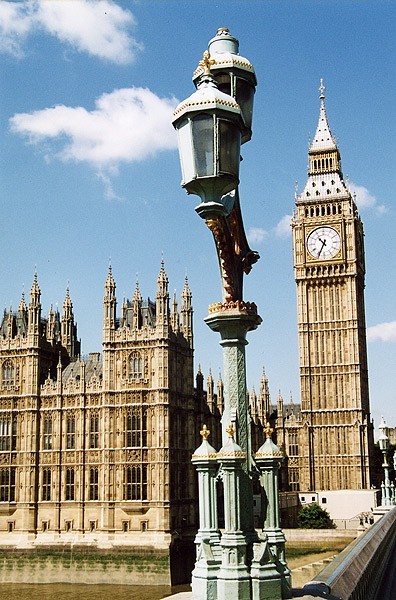 19 Mar
19 Mar
The ‘Leadsom report‘, which MPs will debate soon, is making strong recommendations for change in the way Parliament and the political parties respond to allegations of sexual harassment and sexual assaults.
This is very welcome and we hope to see MPs supportive of the recommendations. We also urge MPs to reflect, however, on the fact that women in other workplaces around the country are not assured the proposed level of support, even when they report rape to the police. If MPs understand that this standard of response is needed to sexual harassment and abuse in the workplace, then it should be available for all workers.
EVAW said as the crisis arose last Autumn that a new system must see those making allegations able to report those to a person or office independent of the political parties, and that adjudication of cases must also be made by people not subject to political party patronage networks. We also said that reforms must include party workers and activists around the country, not only the Westminster estate.
Andrea Leadsom’s report recommends:
those reporting sexual harassment or sexual assaults will go to an Independent Sexual Violence Advisor (an ISVA) which is a special advocate who understands the particular dynamics of sexual violence, and can support complainants whether or not they pursue any criminal or further charge;
the handling of complaints from workers in Parliament will be independent of the political parties;
perpetrators of abuse who are Parliamentarians may end up suspended and even expelled from Parliament.
As the report’s recommendations are discussed we need a respectful and informed discussion of when anonymity for those complained against should be permitted. And we need to consider what it means when Parliament and the Government recognise that protection and advocacy are critical in the response to these crimes, but are not what women around the country will usually find if they want to report or seek help.
Recommended ARTICLES
 19 Mar
19 Mar
 05 Mar
05 Mar
 27 Feb
27 Feb

